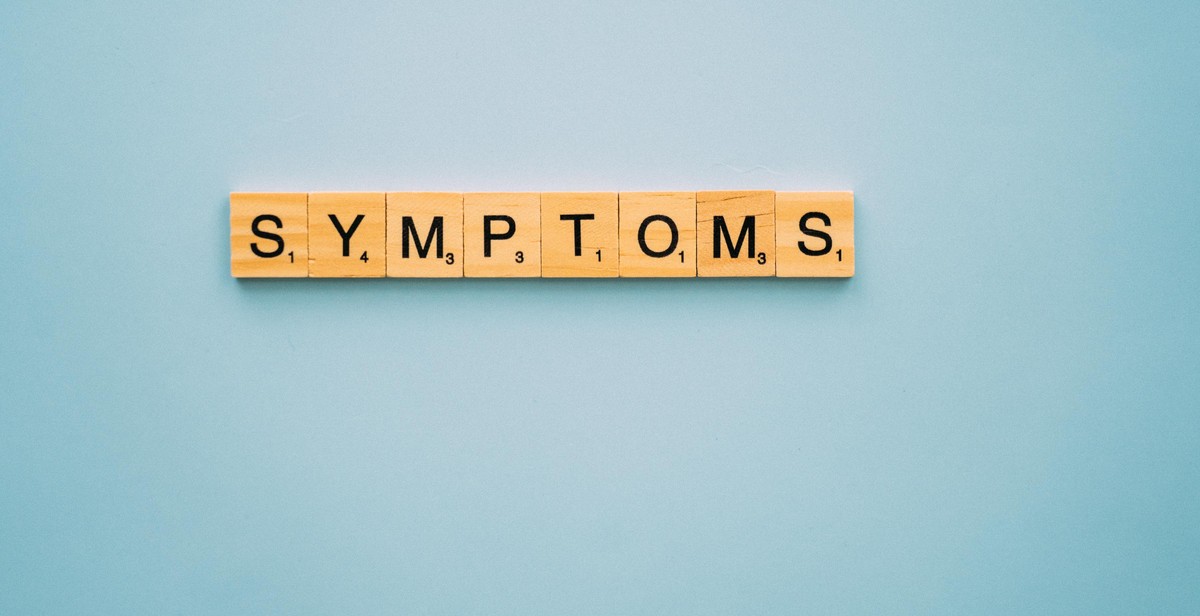Living with Misophonia: When Sounds Cause Distress
Have you ever felt an intense feeling of anger or anxiety while listening to someone chew their food, tap their fingers, or even breathe? If so, you may be experiencing misophonia. Misophonia, also known as selective sound sensitivity syndrome, is a neurological disorder characterized by a strong emotional and physical response to certain sounds.
What is Misophonia?
Misophonia is a condition where certain sounds trigger negative emotions and physical reactions in individuals. These sounds can range from everyday noises such as chewing, breathing, or typing to more specific sounds such as the sound of a certain person’s voice or a particular musical instrument. People with misophonia often experience intense feelings of rage, disgust, or anxiety when they hear these sounds, and may even feel physical sensations such as sweating, rapid heartbeat, or muscle tension.
The condition is not yet officially recognized as a disorder in the DSM-5, but researchers believe it may be related to hyperconnectivity between the auditory and limbic systems in the brain. Misophonia can have a significant impact on a person’s quality of life, leading to social isolation, avoidance of certain situations, and difficulty concentrating on tasks.
Common Triggers of Misophonia
- Chewing or swallowing sounds
- Breathing sounds
- Sniffling or nose-blowing sounds
- Repetitive tapping, clicking, or pen-clicking sounds
- The sound of someone typing or using a computer mouse
If you suspect that you or someone you know may have misophonia, it is important to seek help from a qualified healthcare professional. There are various treatment options available, including cognitive-behavioral therapy, sound therapy, and medication.
Causes of Misophonia
Misophonia, also known as selective sound sensitivity syndrome, is a condition that causes a person to have an intense emotional and physical reaction to specific sounds. While the exact cause of misophonia is unknown, there are several theories that suggest genetics and brain abnormalities may be contributing factors.
Genetics
Research has shown that misophonia may be hereditary, meaning it can be passed down from parent to child. A study conducted by the Department of Otolaryngology at Emory University found that 60% of misophonia patients had a family member with the condition.
Additionally, a study published in the Journal of Clinical Psychology found that misophonia was more prevalent in people with a family history of obsessive-compulsive disorder (OCD), which suggests a possible genetic link between the two conditions.
Brain Abnormalities
Another theory behind misophonia is that it is caused by abnormal activity in the brain. A study published in the Journal of Neuroscience found that people with misophonia had increased activity in the anterior insular cortex and the amygdala, which are areas of the brain associated with processing emotions and regulating the fight or flight response.
This abnormal activity may cause a person with misophonia to have an exaggerated response to certain sounds, leading to feelings of anxiety, anger, and even physical pain.
Conclusion
While the exact cause of misophonia is still unknown, research suggests that genetics and brain abnormalities may play a role. Understanding the underlying causes of misophonia can help healthcare professionals develop effective treatment plans for those who suffer from this condition.

Symptoms of Misophonia
Misophonia is a condition that affects a person’s emotional and physical well-being. It is characterized by a strong emotional and physical response to specific sounds, known as trigger sounds, that are typically harmless to others. These trigger sounds can cause a range of symptoms, including physical and emotional distress, anxiety, and even anger.
Physical Symptoms
The physical symptoms of misophonia can be debilitating and can impact a person’s daily life. Some of the most common physical symptoms of misophonia include:
- Increased heart rate
- Rapid breathing
- Sweating
- Trembling or shaking
- Feeling of tightness in the chest
- Headaches
- Muscle tension or pain
These physical symptoms can be triggered by a variety of sounds, including chewing, breathing, tapping, and even certain words.
Emotional Symptoms
Misophonia can also cause a range of emotional symptoms, which can be just as distressing as the physical symptoms. Some of the most common emotional symptoms of misophonia include:
- Anger
- Irritability
- Anxiety
- Panic attacks
- Depression
- Social isolation
These emotional symptoms can be triggered by a variety of sounds, and can be difficult for others to understand. People with misophonia may feel embarrassed or ashamed of their emotional responses, which can lead to further social isolation.
Conclusion
Misophonia is a complex condition that can cause a range of physical and emotional symptoms. If you experience symptoms of misophonia, it is important to seek help from a qualified healthcare professional. With the right treatment and support, it is possible to manage the symptoms of misophonia and improve your quality of life.

Living with Misophonia: When Sounds Cause Distress
Living with misophonia can be challenging and overwhelming. Misophonia is a neurological disorder that causes an intense emotional and physical response to specific sounds. These sounds are often repetitive, and they trigger a fight or flight response in individuals with misophonia.
Coping Mechanisms
There are several ways to cope with misophonia. One of the most effective ways is to use noise-cancelling headphones or earplugs. This can help to block out triggering sounds and reduce the intensity of the emotional response. Another way to cope with misophonia is to practice relaxation techniques, such as deep breathing and meditation. These techniques can help to reduce stress and anxiety, which can worsen misophonia symptoms.
It is also important to avoid situations that may trigger misophonia. For example, if the sound of chewing triggers misophonia, it may be helpful to avoid eating in noisy environments or to eat with people who understand and respect misophonia.
Seeking Professional Help
If misophonia is severely impacting daily life, it may be helpful to seek professional help. A mental health professional can provide therapy and support to manage misophonia symptoms. Cognitive-behavioral therapy (CBT) is a common therapy used to treat misophonia. CBT can help individuals with misophonia to change their thoughts and behaviors related to triggering sounds. This can lead to a reduction in misophonia symptoms and an improved quality of life.
Support from Loved Ones
Living with misophonia can be isolating and challenging. It is important to have a support system of loved ones who understand and respect misophonia. This can include educating loved ones about misophonia and how it affects daily life. It may also involve setting boundaries and communicating needs related to misophonia triggers.
Overall, living with misophonia can be challenging, but there are ways to cope and manage symptoms. By using coping mechanisms, seeking professional help, and having support from loved ones, individuals with misophonia can improve their quality of life and reduce the impact of triggering sounds.
Conclusion
Living with misophonia can be a challenging experience, but it is important to know that you are not alone. There are many people who suffer from this condition, and there are also many resources and coping mechanisms available to help manage the symptoms.
Seeking professional help
If you are struggling with misophonia, it may be helpful to seek the guidance of a mental health professional. A therapist can help you develop coping strategies and provide emotional support as you navigate the challenges of living with this condition.
Self-care strategies
There are also several self-care strategies that can help alleviate the symptoms of misophonia. Some people find that wearing noise-cancelling headphones or earplugs can help reduce the impact of trigger sounds. Others find that practicing relaxation techniques such as deep breathing or meditation can help them manage their emotional responses to trigger sounds.
Support groups
Finally, joining a support group can be a helpful way to connect with others who understand what you are going through. There are many online communities and in-person support groups for people with misophonia, where you can share your experiences and learn from others.
